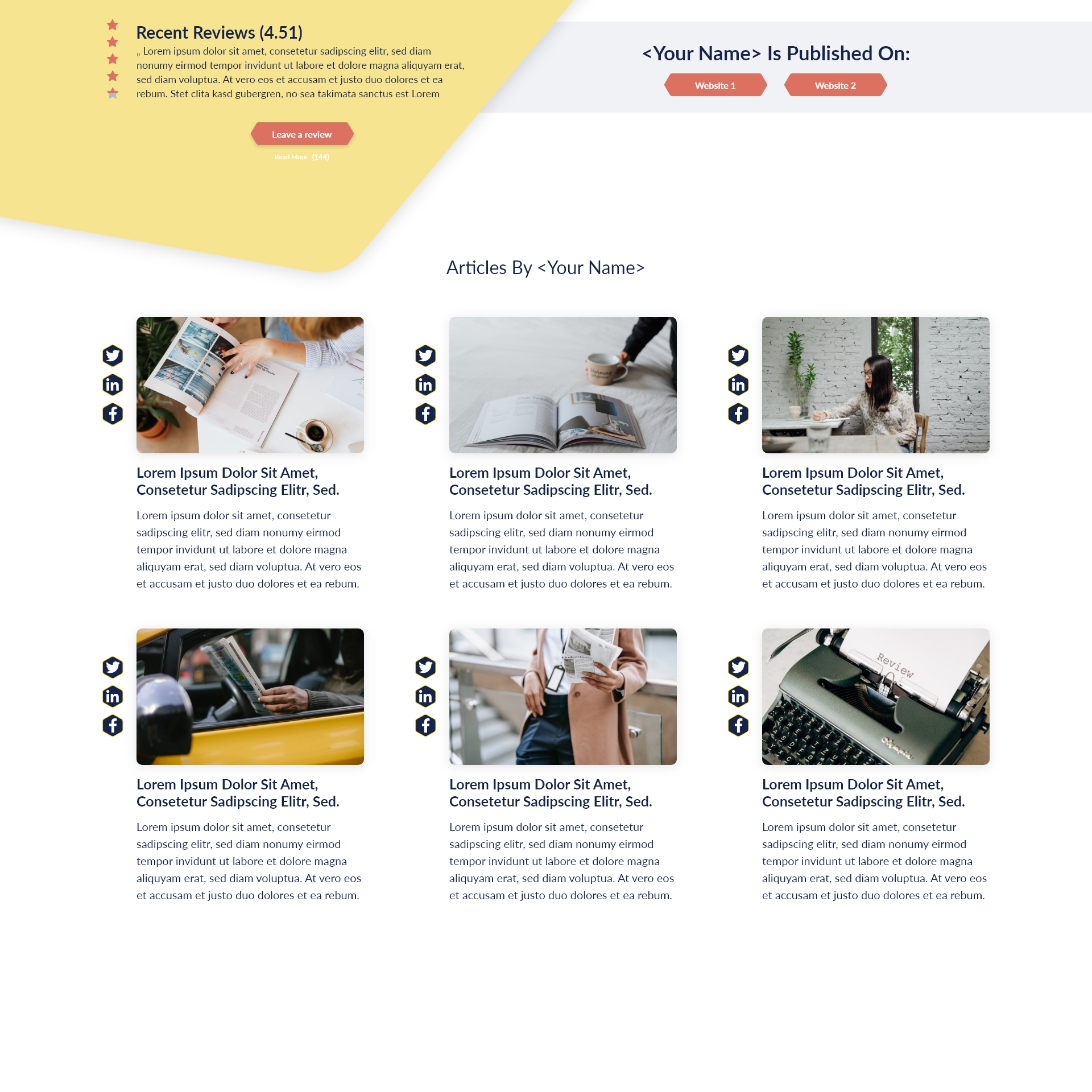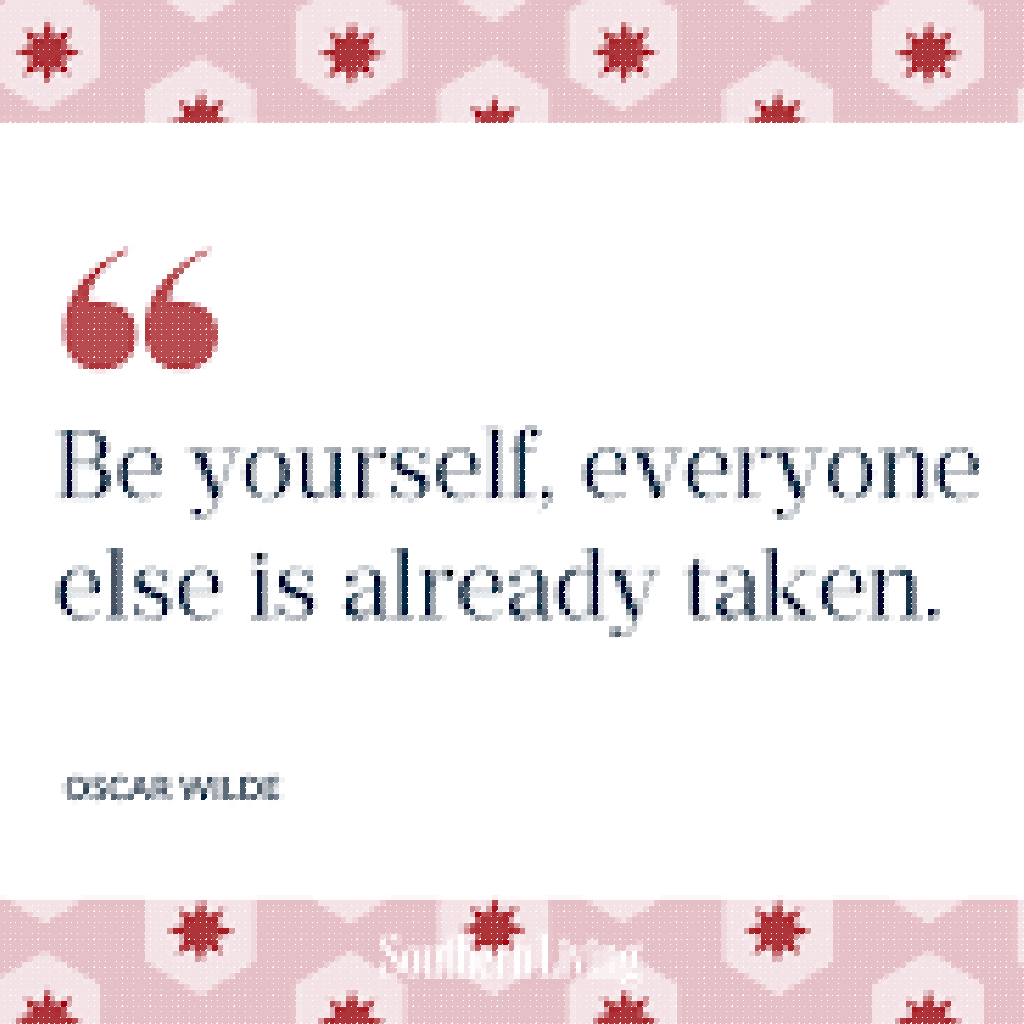Key Takeaways:
- Modern leadership advancement relies on transparency and ethical decision-making.
- Effective development programs tailor coaching and build robust succession plans.
- Supporting women in leadership enhances organizational innovation.
- Transformational and adaptive leadership build resilience in dynamic environments.
- Regular assessment and ethical frameworks sustain organizational success.
Understanding Leadership Advancement in Modern Organizations
Successful organizations understand that leadership advancement is no longer a static ladder but a dynamic journey requiring continuous learning and adaptability. Today, leadership advancement is defined by the capacity to drive positive change, inspire ethical cultures, and make transparent decisions that align with organizational values.
The evolving importance of leadership roles is tied to the growing complexity of modern business environments. Executives and managers are expected to set ethical standards, mentor future leaders, and embody the company’s mission, ensuring that decision-making remains transparent and trustworthy.
The Impact of Leadership Development Programs on Organizational Growth
Leadership development programs have become vital for organizational growth and operational excellence. Robust programs foster a cadre of executives ready to address contemporary challenges while promoting values of transparency and ethical responsibility.
Key components of effective leadership development programs
Effective programs include experiential learning, access to real-world scenarios, and regular feedback loops. Simulations, peer mentoring, and multifaceted workshops equip leaders with tools to face complex ethical dilemmas. Senior leaders’ involvement further ensures that company values are emphasized from the top down.
How programs benefit succession planning in organizations
For succession planning, leadership programs create a sustainable pipeline of qualified and ethically-minded future leaders. By investing in ongoing development, organizations minimize talent gaps and support smooth leadership transitions, ensuring that values-based decision-making continues across generations of executives.
Selecting tailored executive coaching for leaders
Executive coaching works best when personalized to an individual leader’s strengths and growth areas. Coaches with experience in business ethics bring an impartial perspective, challenging executives to consider the ethical dimensions in every strategic choice. This tailored guidance helps leaders develop a transparent and principled approach to their roles.
Empowering Women in Leadership Roles
Diverse leadership teams are proven drivers of innovation and growth. Still, women in leadership face unique barriers, such as limited access to mentors or lingering biases. Breaking down these barriers demands a strategic commitment from organizations.
Overcoming barriers and fostering inclusive advancement
Encouraging women’s advancement starts with actively identifying and dismantling systemic barriers—such as unequal access to challenging assignments or unconscious bias. Transparent promotion criteria and inclusive training opportunities help create an even playing field.
Mentoring in leadership growth for women executives
Mentorship plays a transformative role in advancing women executives. Effective mentor relationships cultivate confidence and strategic acumen. Mentors provide valuable advice on navigating complex ethical scenarios and offer insights that demystify executive decision-making.
Successful examples of women in leadership positions
Organizations that celebrate and replicate the achievements of female leaders strengthen their leadership pipeline. Highlighting success stories demonstrates that women can—and do—excel in making ethical, transparent decisions, inspiring the next generation to pursue and attain executive roles.
Harnessing Transformational Leadership Strategies for Sustainable Success
Organizations thrive when leaders embrace strategies that transform rather than simply manage. Transformational leadership is about motivating teams toward a shared vision, anchored in ethical frameworks and trust.
Core principles of transformational leadership strategies
Key principles include leading by example, clear strategic vision setting, promoting emotional intelligence, and fostering open communication. These principles create a climate where ethical behavior and transparent decisions become the norm.
Influential leadership characteristics to cultivate
Influential transformational leaders are authentic, accountable, and adaptable. They encourage diverse perspectives, set high ethical standards, and recognize team contributions.
Driving strategic decision making in leadership
Transparent leaders implement systems for inclusive input during high-stakes decisions. They weigh the ethical ramifications of potential actions and communicate the rationale behind their choices, increasing both trust and organizational cohesion.
Future-Proofing with Adaptive Leadership Techniques and Pipeline Management
As organizational challenges become less predictable, adaptive leadership is increasingly crucial. Adaptive leaders are adept at rethinking strategies in real time and adjusting to market shifts or internal disruptions.
Why adaptive leadership techniques matter in today’s fast-paced world
Adaptability allows leaders to anticipate changes, address emerging ethical challenges, and guide their teams through ambiguity. Organizations benefit from leaders who can encourage resilience without compromising transparency or ethical integrity.
Building a robust leadership pipeline management process
A healthy leadership pipeline draws from ongoing skills assessments, targeted development programs, and intentional exposure to ethical issues. This pipeline ensures a steady bench of ready, principled leaders who can capably take on executive roles when needed.
Training for emerging leaders: What works?
The most effective training programs for emerging leaders blend ethics, communication, and strategic thinking. Scenario-based learning, group discussions about real-world dilemmas, and facilitated reflection sessions help reinforce transparency and accountability as everyday habits.
Assessing and Enhancing Leadership Skills Across Teams
Organizations that regularly measure and refine leadership skills create environments primed for ethical advancement and sustained success.
Tools for comprehensive leadership skills assessment
360-degree feedback systems, self-assessments, and peer reviews provide holistic insights into leadership capabilities. These tools highlight strengths and reveal development opportunities, allowing for more targeted leadership advancement plans.
Team leadership effectiveness and performance metrics
Tracking performance with clear, transparent metrics ensures accountability and reveals high-potential leaders within teams. Service quality, employee engagement, and ethical climate indicators offer meaningful data on how leadership is driving the organization forward.
Leadership communication best practices for impactful results
Transparent communication is pivotal. Leaders must articulate decisions, invite open dialogue, and clarify organizational values. Regular forums for feedback foster a culture where ethical considerations are debated and built into practice at every level.
Championing Ethical Leadership in Business for Lasting Impact
Sustained organizational excellence is rooted in ethical leadership. Leaders who prioritize integrity, model ethical conduct, and promote accountability set a standard that cascades throughout the organization.
Fundamentals of ethical leadership in business
Ethical leadership is grounded in honesty, empathy, fairness, and transparency. At the executive level, this means integrating business ethics into the DNA of the company—shaping policies, influencing culture, and guiding strategic decisions.
Navigating ethical dilemmas as a leader
Ethical dilemmas are inevitable. Effective leaders approach these situations by consulting organizational values, seeking diverse perspectives, and considering the long-term implications of their choices. Transparent deliberation and communication help build trust, both internally and externally.
Organizations that prioritize ethical leadership and transparent executive decisions not only mitigate risk but also build strong foundations for growth, innovation, and lasting success.








